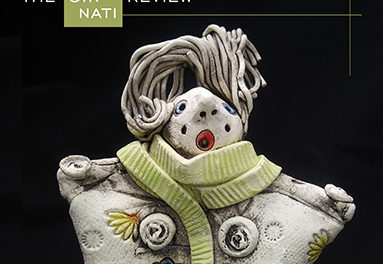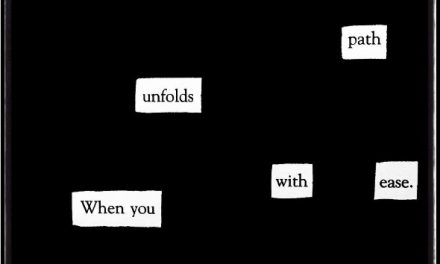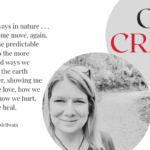In his  essay “Why?” published last December in the New Yorker, James Wood writes: “Death gives birth to the first question—Why?—and seems to kill all the answers.” He argues that literature can give meaning to our world, our existence. While we generally agree with this grand statement, we were surprised that in his typically reference-heavy essay he didn’t mention the latest issue of CR, which has several stories and poems that give meaning to human decline. (Mr. Wood, did you misplace your copy of CR 10.2?)
essay “Why?” published last December in the New Yorker, James Wood writes: “Death gives birth to the first question—Why?—and seems to kill all the answers.” He argues that literature can give meaning to our world, our existence. While we generally agree with this grand statement, we were surprised that in his typically reference-heavy essay he didn’t mention the latest issue of CR, which has several stories and poems that give meaning to human decline. (Mr. Wood, did you misplace your copy of CR 10.2?)
Man, can you imagine what the author of How Fiction Works could have done with Douglas Silver’s story “Found Peoples,” told in lush and lyrical detail from the perspective of a Chinese body fisherman? What would the Wood-ster have to say about Daniel Hoyt’s absurd and macabre piece, in which the cephalophore-like protagonist gets decapitated at Burger King on the very first page? How would he weigh in on Michael McFee’s beautiful eulogistic poem about a departed friend?
We’re not sure, but we think he would conclude that in the shadow of death, the literature in CR 10.2 shines forth in beacon fashion. In the absence of Wood’s comments on our pages, you’ll just have to read the issue yourself and fight the good fight—with our worthy contributors—against the void.
Douglas Silver: “Found Peoples” began the way many of my stories do: a newspaper article (I believe it was in the BBC) read at an hour I should have been asleep. There is a man (probably several) in China who makes his living fishing dead bodies from the river and selling them back to the families of the deceased. While I was fascinated and disturbed by this vocation, the “fisherman’s” pecuniary motivation held little interest for me in terms of story arc. I knew I would have to complicate Feng’s circumstances if I had any hope of generating sympathy.
Surprisingly, it was through researching decomposition—the stages by which a body shuts down after death, the rates and influencing factors of putrefaction, the sensory bath on display as matter transitions from organic to inorganic—that I gained a toehold into the isolation, longing, compunction, and even gruesome intimacy I imagine (need to believe?) someone in Feng’s line of work is forced to grapple with. How do the unremittingly lonely connect with a world beyond their reach? What are the stages of emotional and spiritual decomposition? What do you do when your life is over but you’re still breathing? These were questions I asked myself as I wrote the story.
Daniel Hoyt (on “Here I Am”): At the 2011 iteration of the Kansas State University English Department Christmas party, my friend Dave, a history professor, was talking about his research. He’s a medievalist who studies the old-school saints. He mentioned a beheading, a saint living on after the blow. He picked up his own imaginary head and tucked it under his arm. The pantomime did it: The decapitation seed was planted. Also, I sometimes walk my dog past a local Burger King. At night it looks all smoky and stark and neon-lit. Hopper would eat there, I think.
Michael McFee (on “Frosted Windows in a Small-Town Presbyterian Church”): I hadn’t planned to write a poem about the funeral of my colleague, my mentor, my dear friend of nearly four decades, Doris Betts. But sitting in a crowded pew, with others who loved her so much, feeling bereft and looking around that unadorned room for comfort, or at least distraction, I found it in an unlikely place: the windows of the sanctuary, old-style milky glass without any sort of religious decoration, panes meant to keep the outside out and the inside in. And on that particular day, those frosted windows seemed to embody the blankness and numbness everyone felt in the aftermath of Doris’s death, and our longing for her living, breathing presence, before we had to file out for her burial in the church cemetery. A few weeks later, the poem came pretty much as it is, in short uneven couplets, with plenty of wordless white space, and her name isolated, italicized, tilted groundward.











